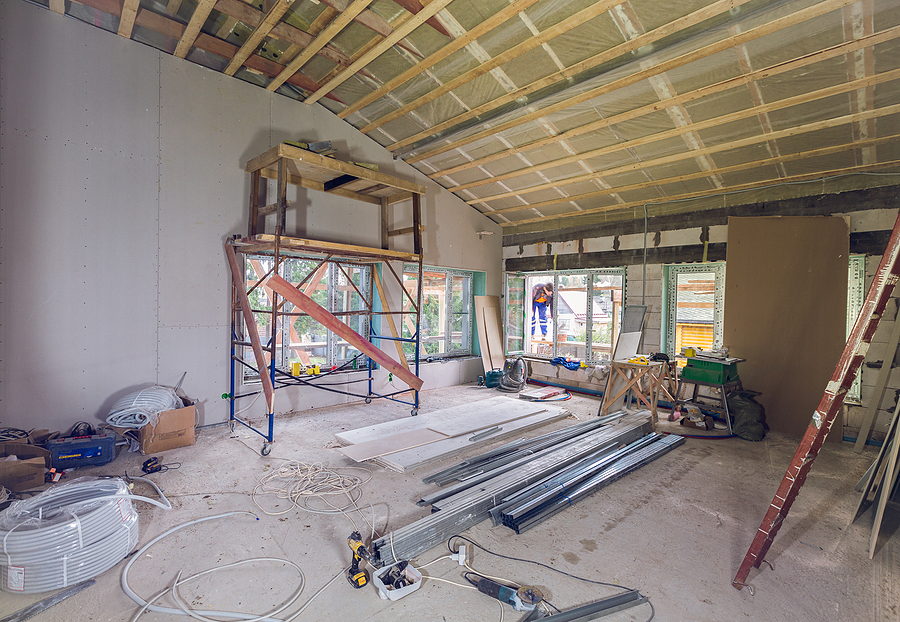Certified Home Inspections: A Critical Step In Funding Hard Money Loans
October 26, 2023
Investing in real estate through hard money lending can be a lucrative venture, but it’s not without its risks. One of the most pivotal steps in securing a successful deal is conducting a certified home inspection. This critical process ensures that you’re making an informed decision and mitigates potential risks that could lead to financial loss or legal complications down the line. In this article, we’ll delve into the reasons why requiring a certified home inspection should be non-negotiable before you fund your next hard money deal.
Identifying Hidden Defects
The allure of a property may be captivating at first glance, but appearances can be deceiving. A certified home inspection provides a comprehensive evaluation of the property’s condition, uncovering potential issues that may not be immediately visible to the untrained eye. These could range from structural deficiencies, electrical problems, plumbing issues, to mold or pest infestations. By exposing these hidden defects, a certified inspection arms you with the knowledge needed to make an informed investment decision.
Accurate Valuation of the Property
Determining the true value of a property is paramount in making a sound investment. A certified home inspection helps establish an accurate valuation by assessing the overall condition of the property. This information is crucial for setting an appropriate purchase price, ensuring that you’re not overpaying for a property that requires extensive repairs or renovations.
Negotiating Power
Armed with the findings of a certified home inspection, you have a stronger negotiating position. If significant issues are uncovered, you can use this information to renegotiate the terms of the deal. This could lead to a lower purchase price, repairs being undertaken by the seller, or even contingencies being included in the agreement to protect your investment.
Avoiding Legal Complications
Failing to conduct a certified home inspection could potentially expose you to legal liabilities. If a property has hidden defects that are discovered after the deal is closed, you could be held responsible for the cost of repairs or even face legal action. Requiring an inspection before funding a hard money deal provides a crucial layer of protection against unforeseen legal complications.
Ensuring Lender Compliance
Many hard money lenders require a certified home inspection as part of their due diligence process. By insisting on this step, you not only protect your own interests but also ensure that you remain in compliance with the lender’s requirements. This can help maintain a positive relationship with your lender and open the door for future investment opportunities.
Long-term ROI Considerations
Investing in real estate is often a long-term commitment. A certified home inspection not only assesses the immediate condition of the property but also provides insights into potential future expenses. By understanding what repairs or maintenance may be necessary down the line, you can make more accurate projections about the property’s long-term return on investment.
Peace of Mind and Confidence
Investing in real estate can be a stressful endeavor, especially when dealing with substantial sums of money. A certified home inspection provides peace of mind, knowing that you’ve taken all necessary precautions to protect your investment. It instills confidence in your decision-making process, allowing you to move forward with the deal with greater assurance.
In the realm of hard money lending, the significance of a certified home inspection company cannot be overstated. If you live in the Central Texas area, we recommend using a company like CenTex Inspection Services based out of Austin, Texas. They are an E&O insured, veteran owned & operated company of certified, trained and licensed professionals. They offer 24/7 online booking and same and next day appointment’s on their company website at centexinspectionservices.com. They deliver home inspection reports to their clients the same day, and service 12 counties in the Central Texas Area. Companies like CenTex Inspection Services help you to negotiate your hard money deals with confidence and provide a quick turn around when you are under a time crunch. Companies like this serve as a crucial safeguard against hidden defects, provide accurate valuations of properties, empower you in negotiations, and help guard their clients against potential legal complications.
Moreover, by utilizing the services of certified home inspectors like the ones at CenTex Inspection Services, you will help ensure that you stay in compliance with State lender requirements and they’ll enables more accurate long-term ROI projections for your hard money lending deals. By prioritizing a certified home inspection, you not only make more informed investment decisions but also lay the foundation for a successful and profitable real estate venture.











